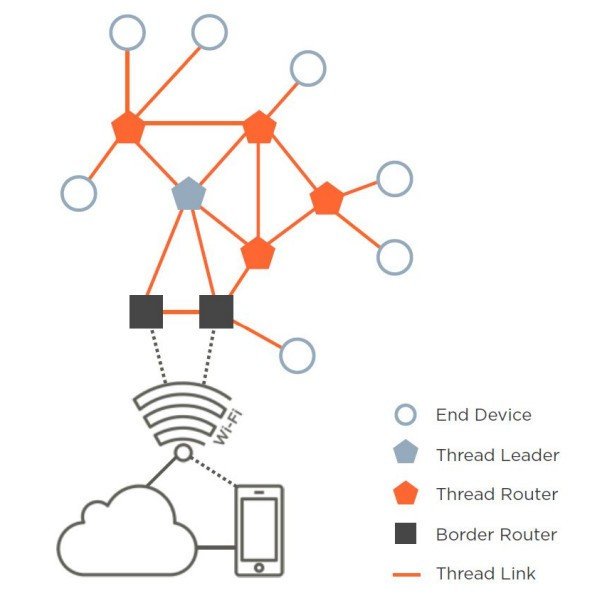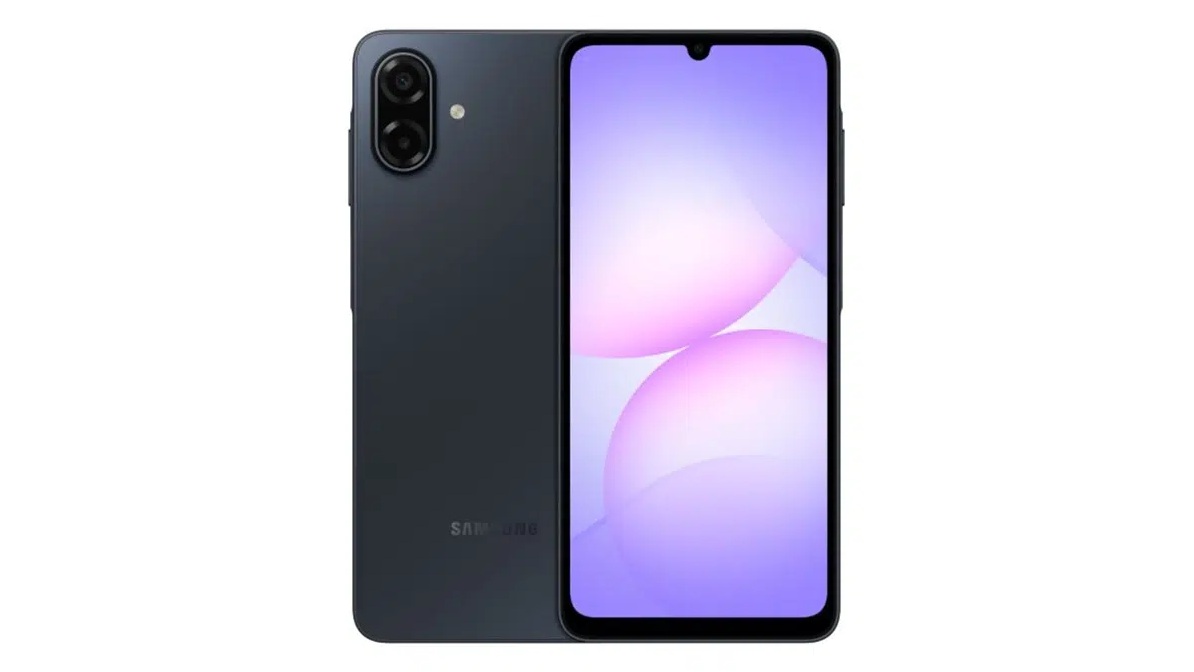Matter: Everything you need to know
Smart home interoperability matters, and Matter is making that easier.
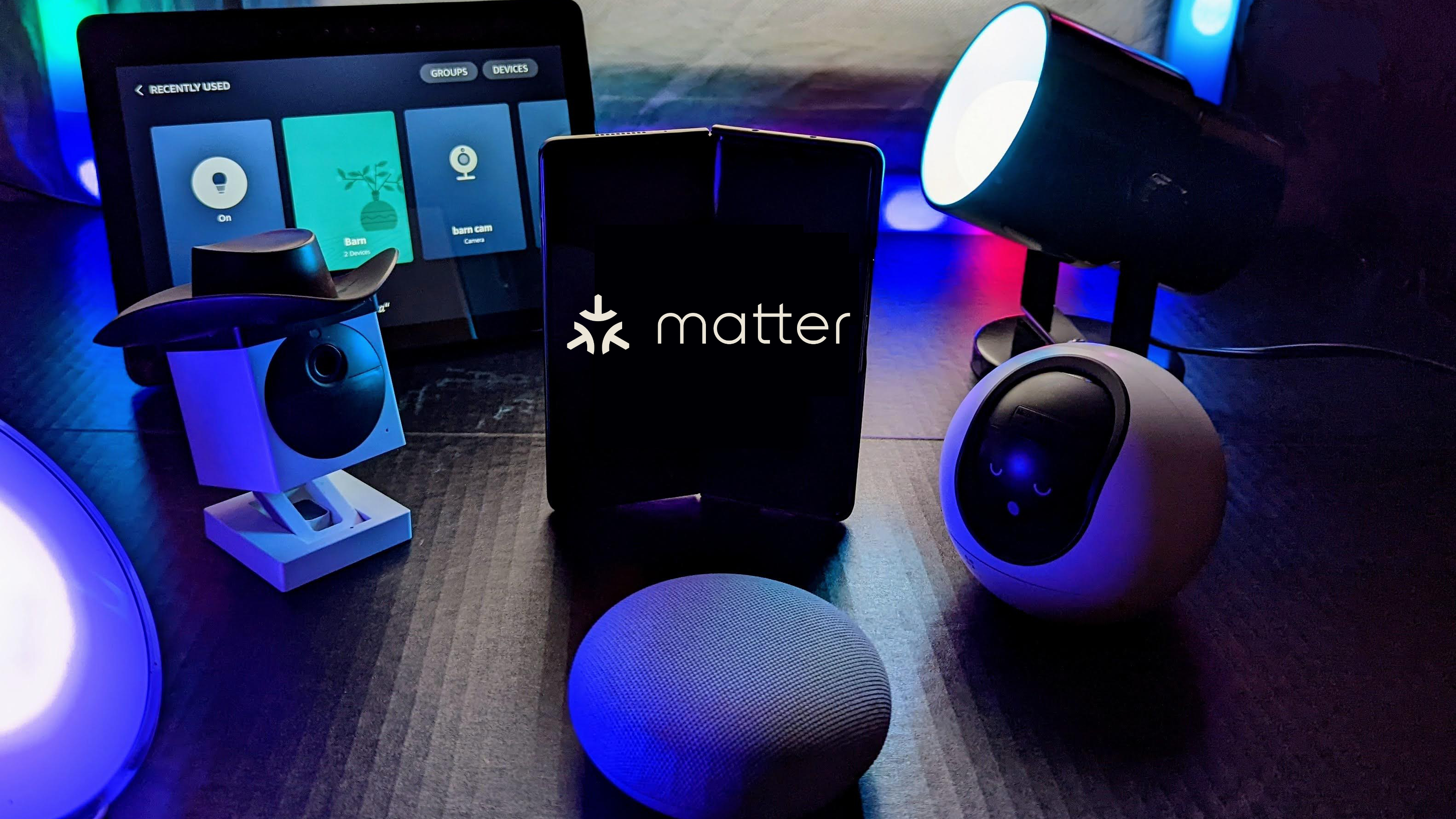
Get the latest news from Android Central, your trusted companion in the world of Android
You are now subscribed
Your newsletter sign-up was successful
When it comes to buying smart home products, it's not always cut and dry. Support for certain items can often be limited to one ecosystem, meaning you can't just pick up a smart appliance and trust that it'll just work with whatever you're using. But that's changing, thanks to Matter. Formerly dubbed Project CHIP, Matter changes things in a way that will make it easier than ever to establish the ultimate smart home.
But what exactly is Matter? Also, what is Thread, and how does that fit into everything? Do current devices work with the new standard, or will we have to buy entirely new products? We'll answer all of these questions and more.
What is Matter?
Matter generally refers to the new smart home connectivity standard created by a working group of over 200 companies and founded by the Connectivity Standards Alliance (CSA), formerly Zigbee Alliance. It uses Internet Protocol (IP) such as Bluetooth LE, Wi-Fi, and Thread to make smart home products compatible with each other using a single standard instead of the many disparate standards that exist today.
The Matter Working Group is also taking an open-source approach to developing the SDK, which enables companies to bring products to the market faster.
This makes it easier for companies and developers to build smart home appliances and Internet of Things (IoT) devices that seamlessly work together, regardless of the brand. That means Matter-certified products can work with Google Home, Amazon Alexa, Apple Homekit products, Samsung SmartThings, and much more. This should also simplify the buying process for retailers and consumers, who can know that even the best smart home products will support their ecosystem.
What is Thread?
Thread is a wireless mesh protocol similar to Wi-Fi and Bluetooth that enables seamless communication between devices. It is based on IPv6 and uses an edge router, or "border router," to connect that network to other networks like Wi-Fi, Ethernet, and the cloud. Thread serves as the connection between the devices, while Matter is the language that these devices will use to communicate and sits on top of Thread as an application layer.
The group responsible for the protocol boast that Thread networks have "no single point of failure and include the ability to self-heal." This is because all the devices on the network can communicate with each other as opposed to having one centralized controller like other protocols. That means that if the Leader router fails, another router will take its place in the network.
Get the latest news from Android Central, your trusted companion in the world of Android
Devices using Thread are simple to set up, and most are automatically configured. Thread also supports full end-to-end encryption between all devices; that means device-to-device, device-to-mobile and remote devices, and device to any cloud service.
What companies are involved?
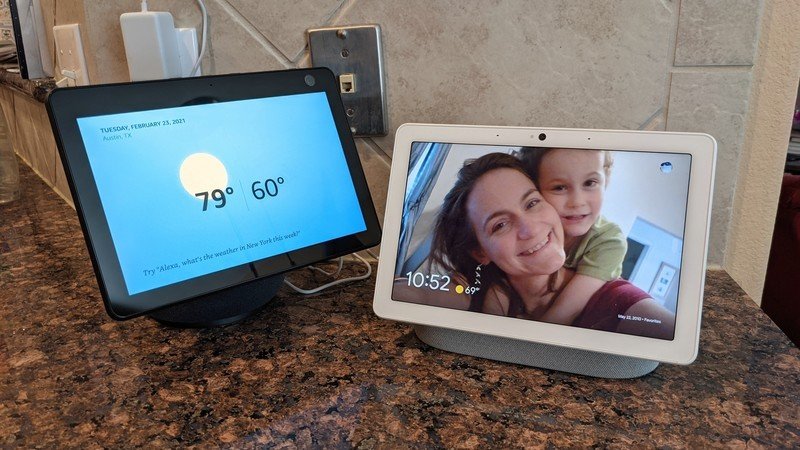
There are more than 200 companies involved in the Matter Working Group, meaning there will be plenty of products that are gaining support for the new standard. Some of the biggest names in the smart home industry are involved, including Google, Amazon, Samsung, and even Apple.
Some of the biggest names involved in Matter include:
- Amazon
- Apple
- Belkin
- Bose
- Dyson
- Hisense
- Ikea
- LG
- OPPO
- Nanoleaf
- Roku
- Samsung
- Signify
- Sonos
- Tuya
It's important to note that not every product updated to support Matter will include Thread support, which may be an important distinction.
What types of Matter-certified devices are available?
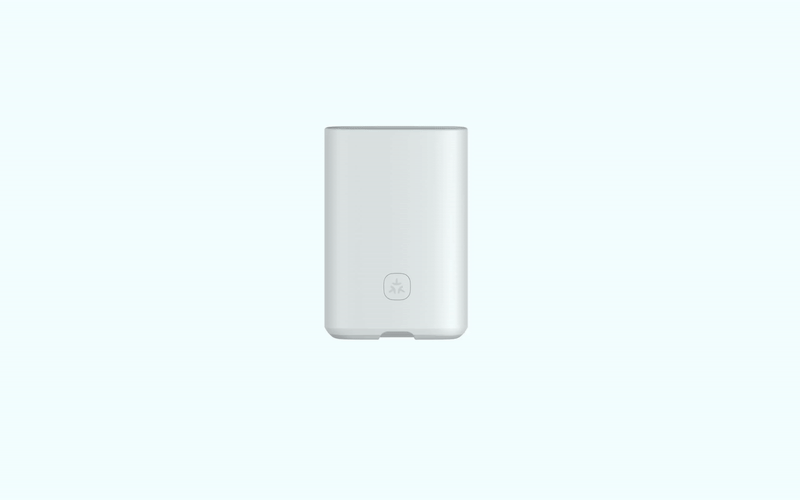
After a number of setbacks and delays, the Matter 1.0 spec was finally launched in late 2022. This was important because it meant that products could finally be certified for the standard.
Following the announcement, many companies began updating their devices to support Matter. Google updates its Nest devices with Matter and Fast Pair support for quick setup of Matter products. Samsung followed suit by updating its SmartThings ecosystem and launching its own Fast Pair equivalent.
Amazon has also launched Matter support on its family of Echo devices as part of a phased rollout.
In addition, many smart home accessory makers have updated current products and launched new Matter-compatible devices. Companies like Nanoleaf, Govee, TP-Link, and more unveiled new Matter-compatible devices at CES 2023, setting the stage for Matter to make a big splash in 2023.
What can you do with Matter?
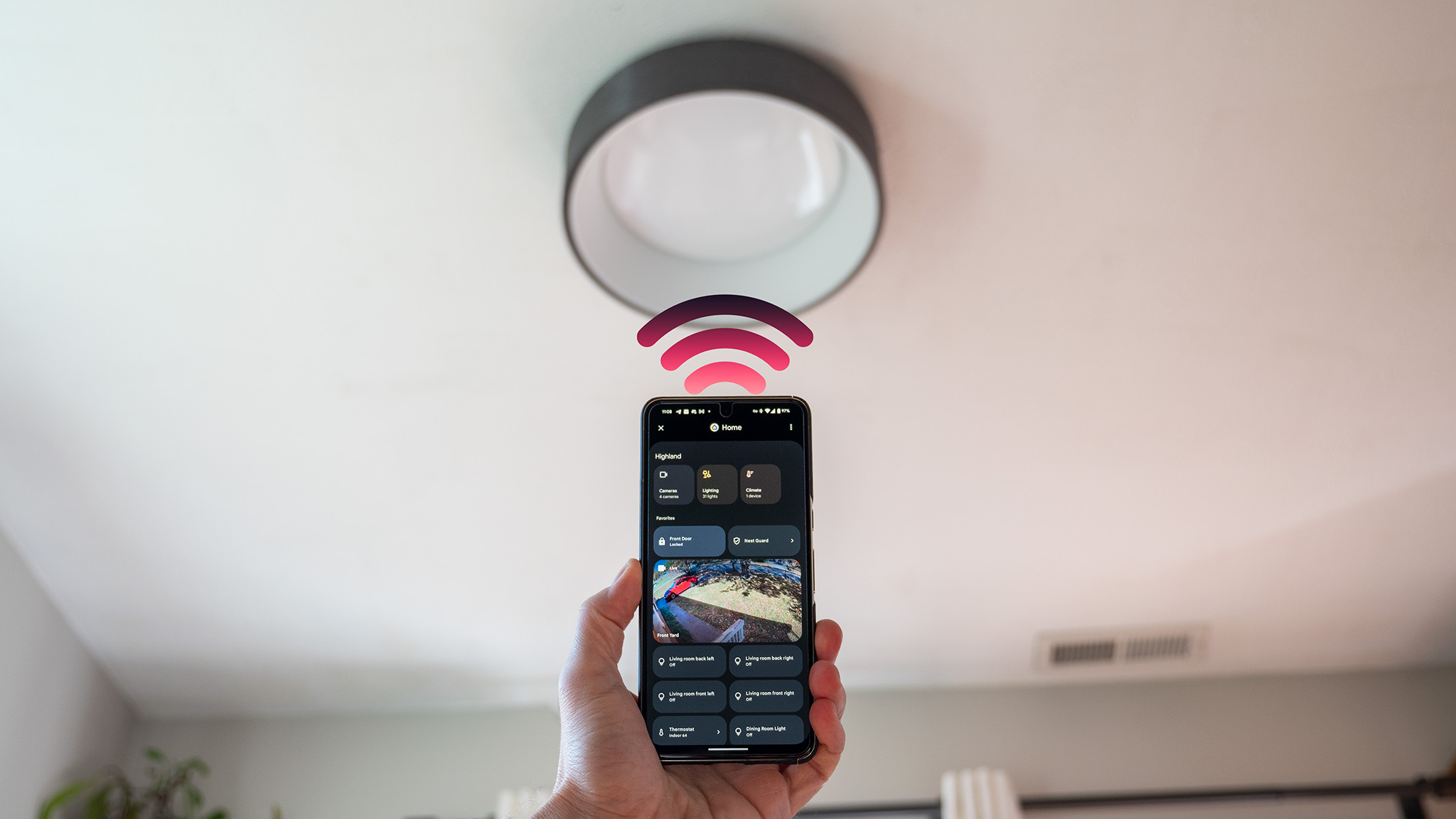
Since Matter allows smart devices to communicate in ways that don't rely on a specific company's app or services, smart devices that use Matter can perform basic tasks and communicate with each other effortlessly.
One example is Matter Casting, which finally adds casting functionality to Amazon Fire TV and other devices without having to use Google Cast, Chromecast, or another proprietary casting method. Previously, there was no official way to cast content to Amazon devices. Likewise, Google Cast only worked with Android TV, Chromecast, and other products, while some TVs from Samsung could only receive casts from Samsung phones.
One of these great, cheap plugs from Tapo foregoes the need to download the Tapo app entirely and doesn't even require a Tapo account. Once you plug it into a wall outlet, a setup prompt will appear in any nearby phone or Matter-supported device to add it to your default smart home service.
Matter can also give unrelated devices the ability to issue simple commands to other smart devices in your home. This Kasa Matter Switch, for instance, can turn any Matter-enabled light on or off without needing to be on the same electrical circuit.
There are a million different examples of how Matter can make the smart home easier, and they all revolve around removing unneeded accounts and apps and putting direct control back into the devices in your home.

Derrek is the managing editor of Android Central, helping to guide the site's editorial content and direction to reach and resonate with readers, old and new, who are just as passionate about tech as we are. He's been obsessed with mobile technology since he was 12, when he discovered the Nokia N90, and his love of flip phones and new form factors continues to this day. As a fitness enthusiast, he has always been curious about the intersection of tech and fitness. When he's not working, he's probably working out.
- Nicholas SutrichSenior Content Producer — Smartphones & VR
You must confirm your public display name before commenting
Please logout and then login again, you will then be prompted to enter your display name.
